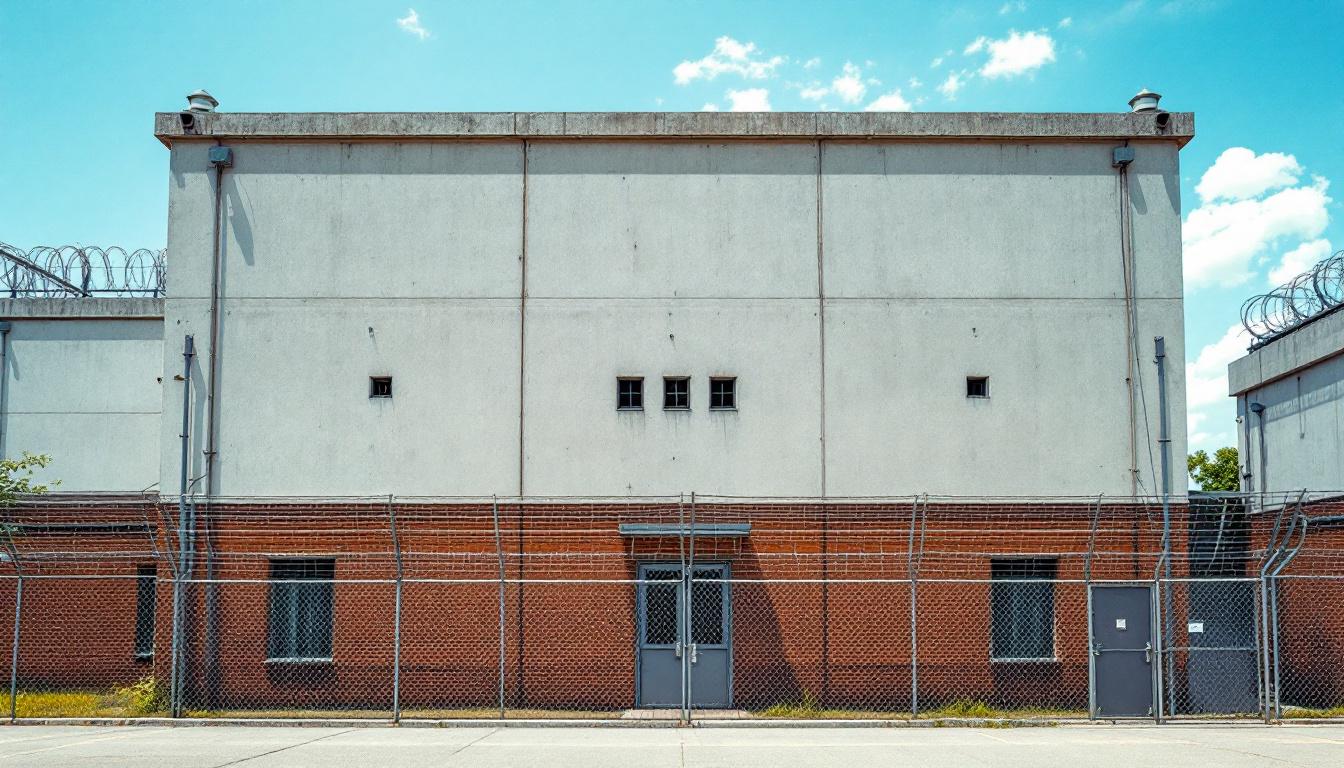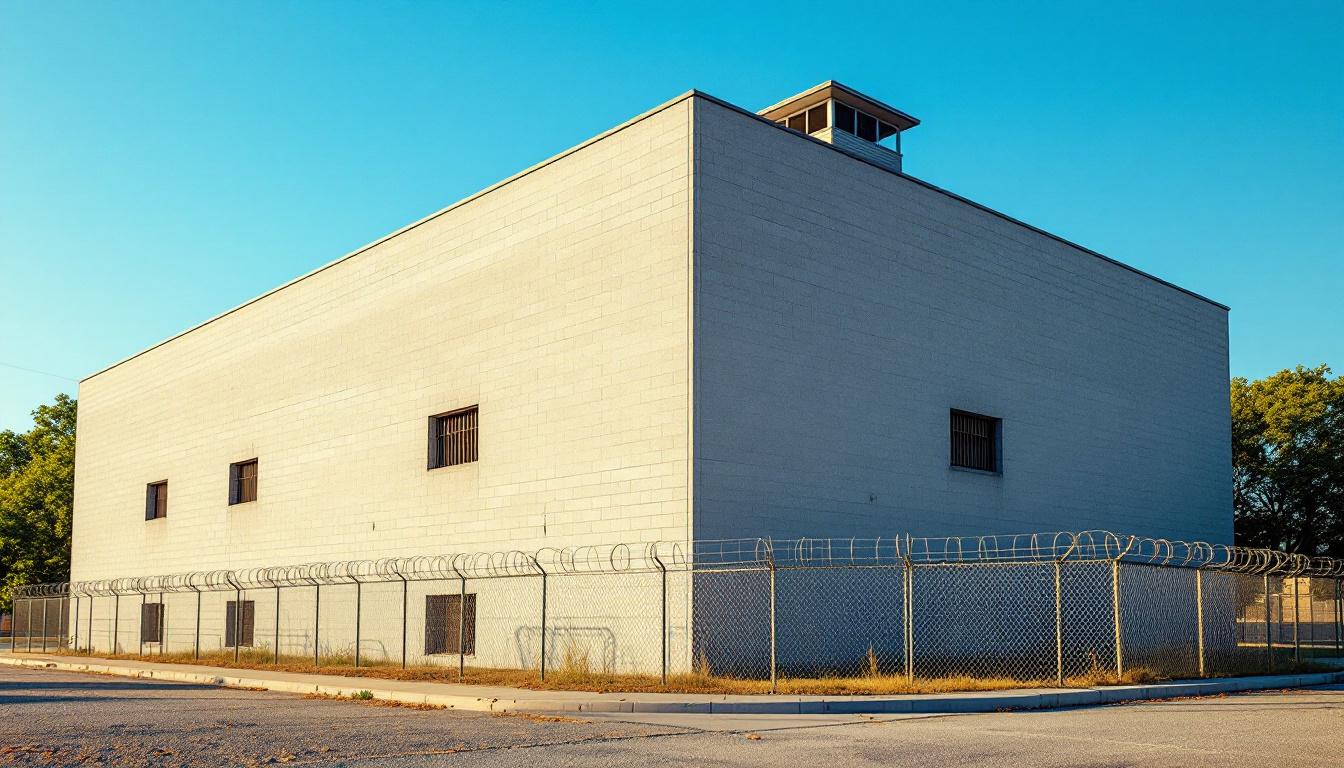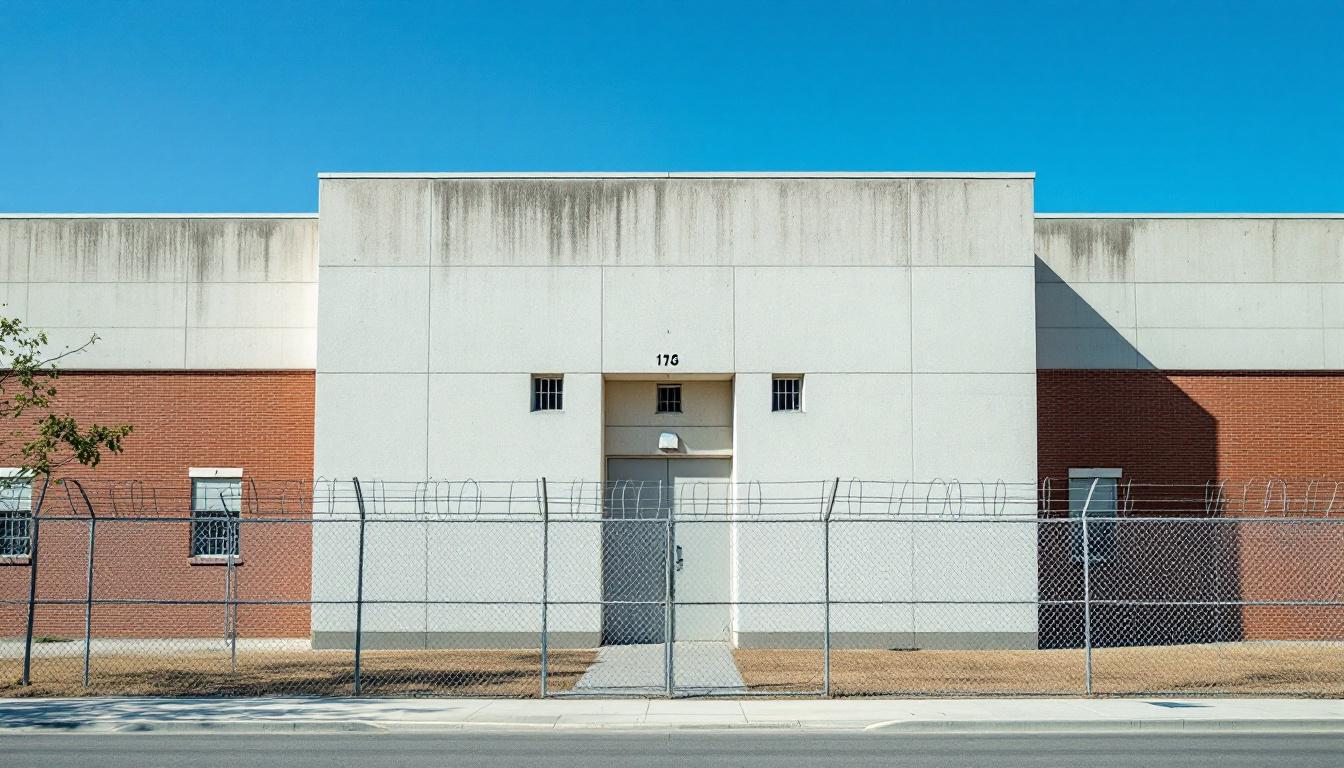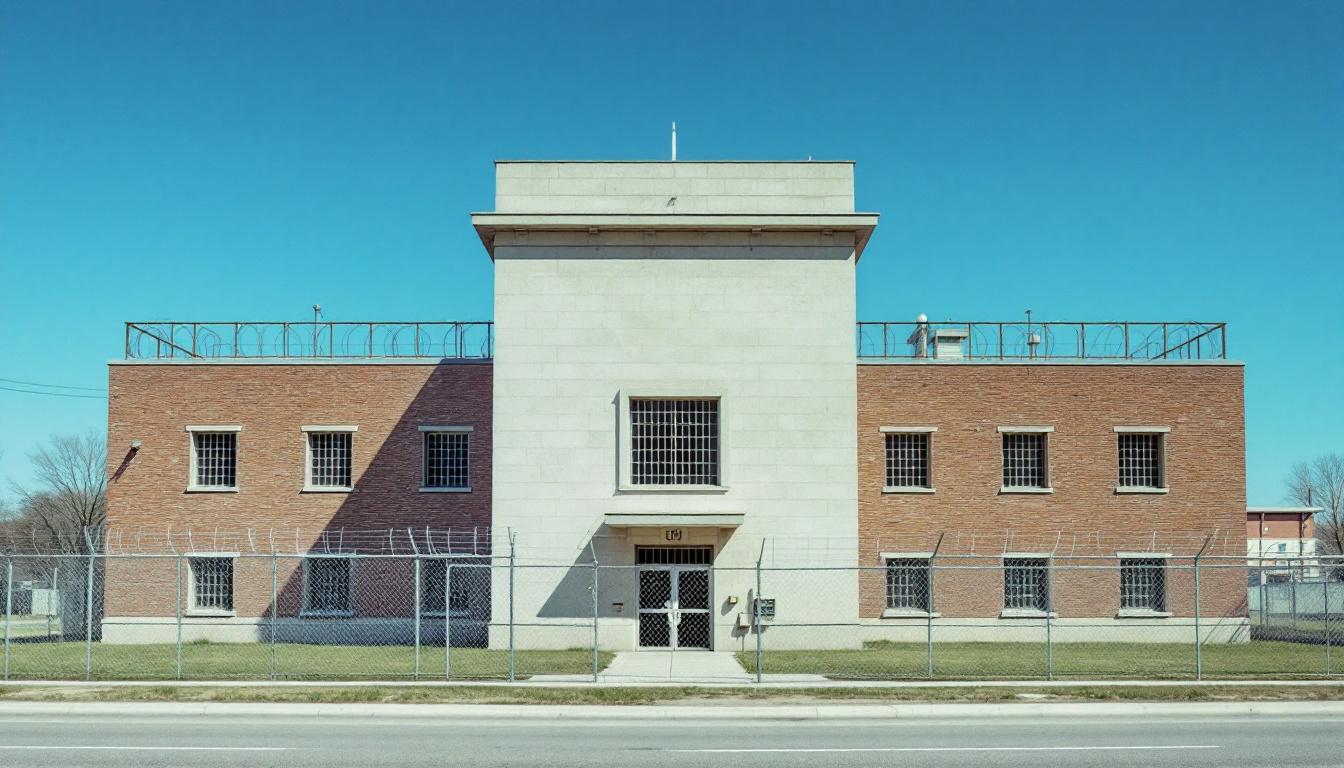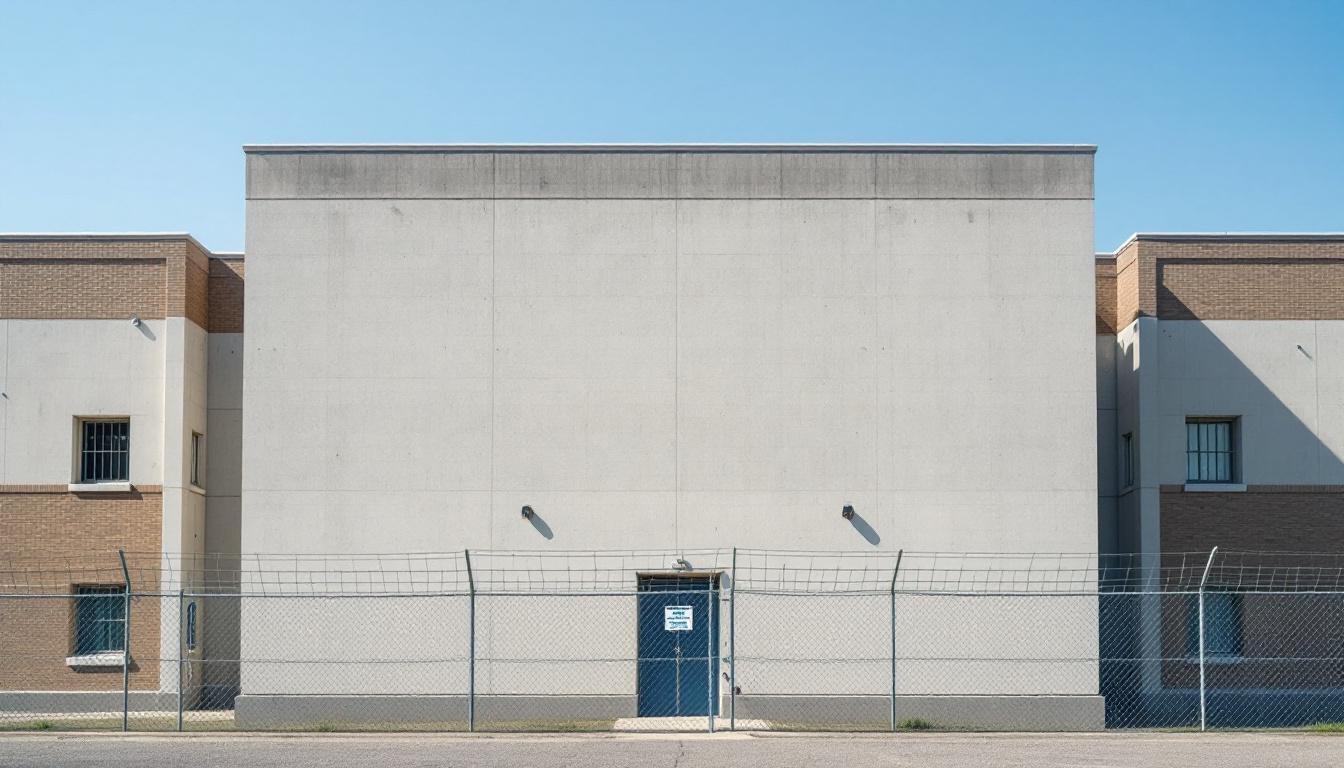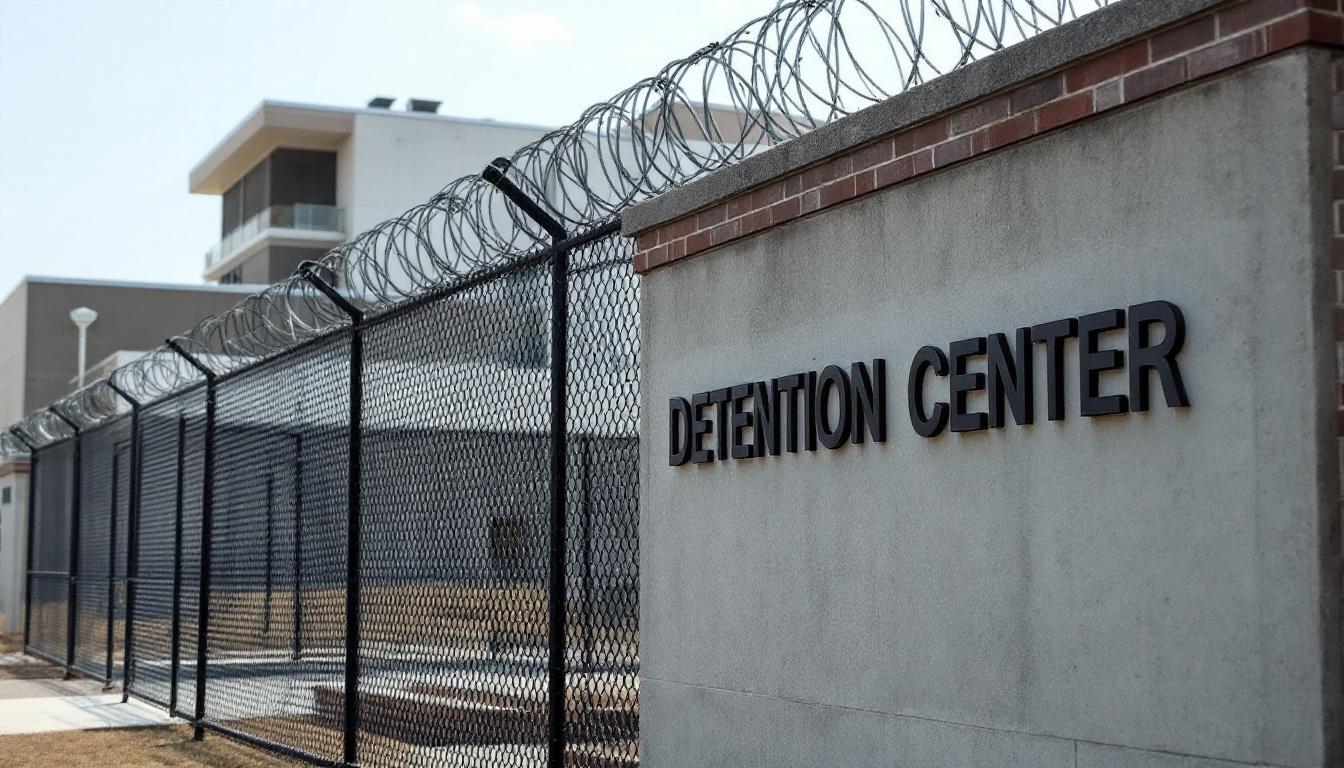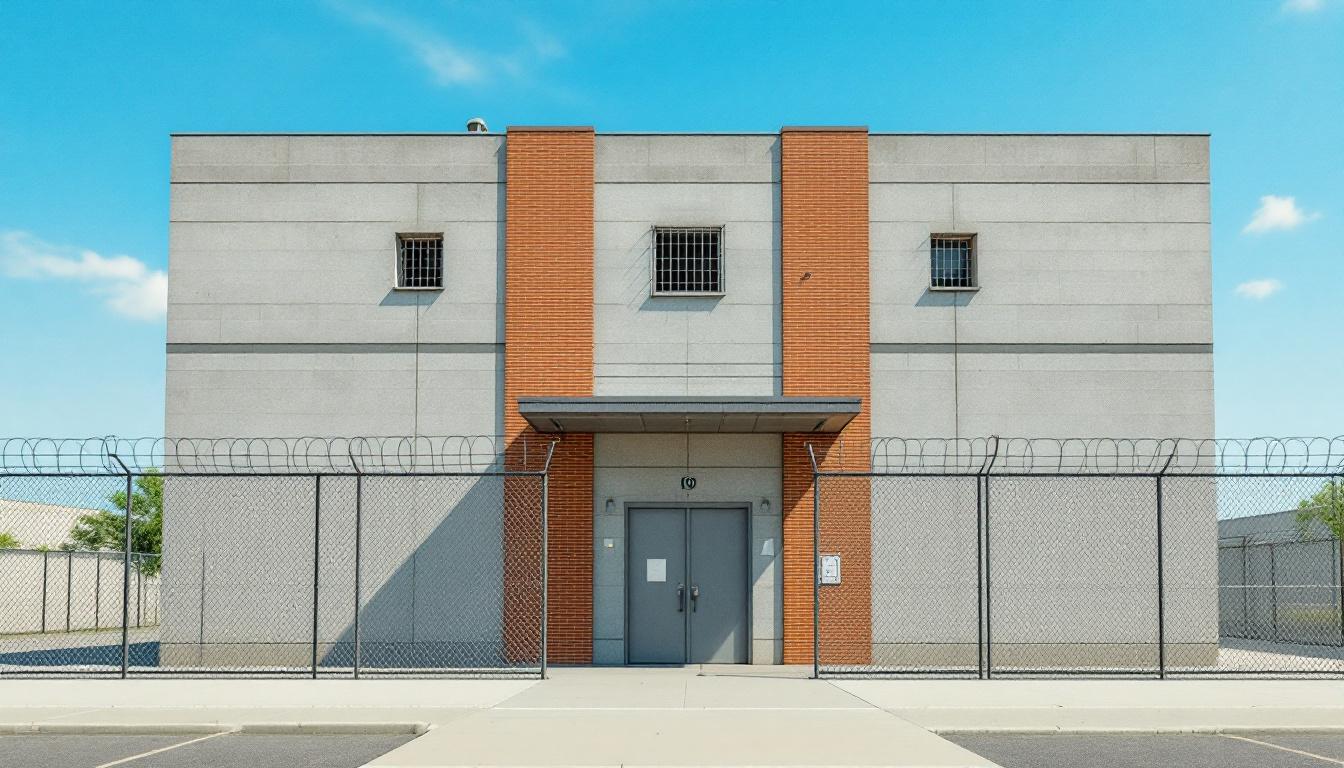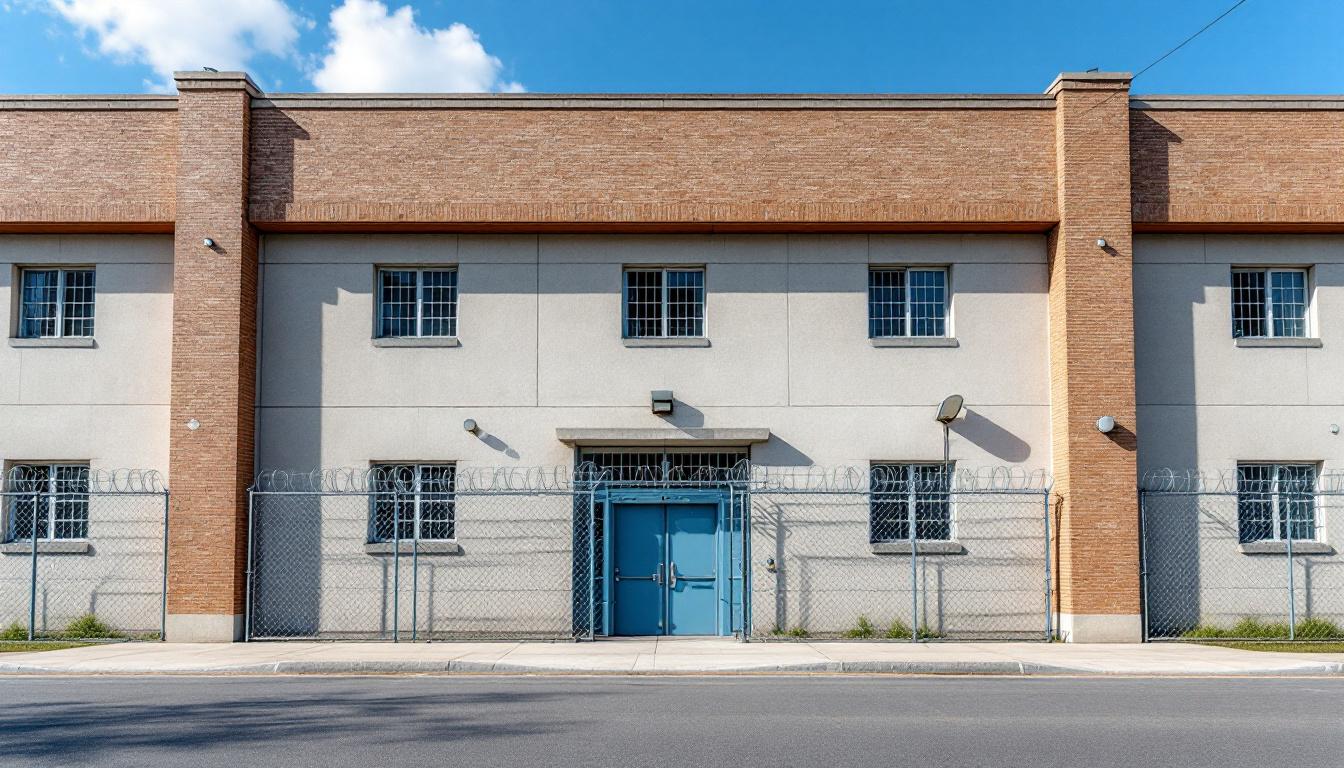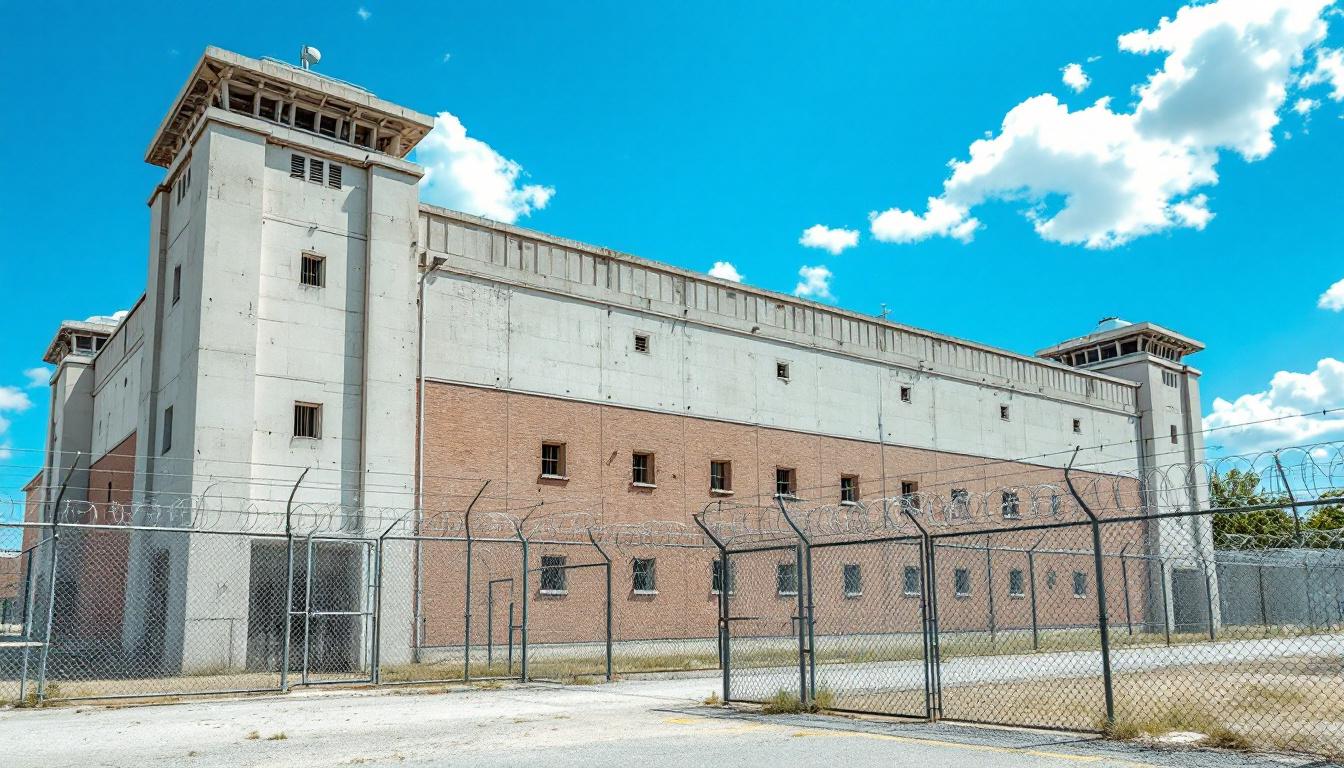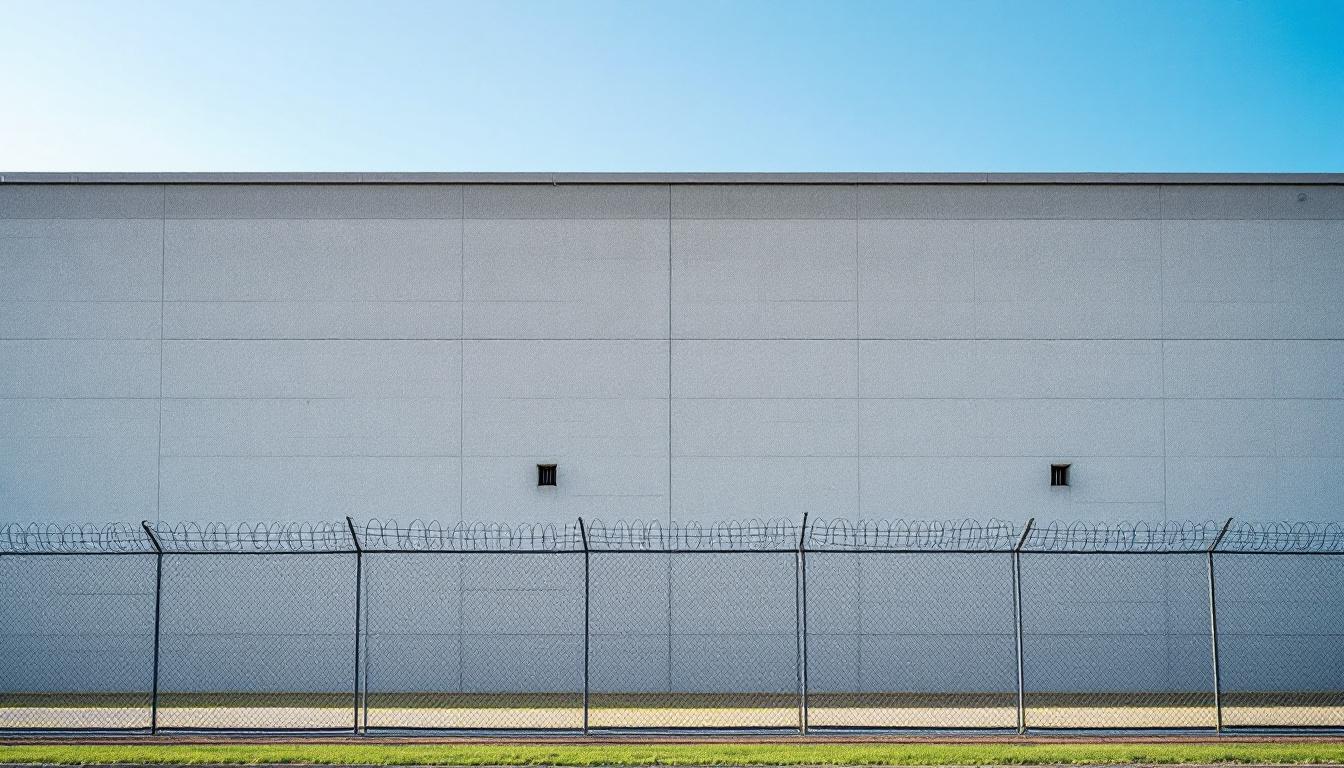
Quick Navigation
How to contact an inmate at Wilson County Sheriff
This comprehensive guide will walk you through how to connect with an inmate at Wilson County Sheriff. Follow the steps below to find an inmate and send letters and photos:
- Search for the inmate using our search tool below
- Create your account or log in to Penmate
- Write your message (up to 6,000 characters)
- Send instantly - inmates receive printed copies daily
Find an Inmate
Search for an inmate to start communicating today
Tip: You can search by first name, last name, or inmate ID number
To contact a person at Wilson County Sheriff start by searching for the person on the official facility website. Perform a search by following these steps:
- Step 1: Enter their first name and last name into the search form and click "Search"
- Step 2: Locate their inmate record
- Step 3: Write down their Inmate ID and any housing information provided
Important! Be sure to enter the person's full name. Nicknames should not be used.
How to Send Messages to Inmates

You can use your phone or computer to send emails, letters, and photos to an inmate. Messages are sent electronically to inmate tablets or kiosks at the facility. If you would like to send a message, start by searching for an inmate at Wilson County Sheriff.
Sending Photos and Postcards

A great way to send love and support to a loved one at Wilson County Sheriff is to send photos and postcards. It only takes a few minutes to send photos from your phone and it makes a huge difference. You can also mail postcards with words of support and inspiration, or design your own postcard for special moments like birthdays and holidays.
Important! Be sure not to send any explicit photos or they may not be approved by the facility. You can also use a photo printing app like Penmate to make sure your photos are printed at the correct size (4x6 or 3x5) and are mailed according to the rules and regulations of Wilson County Sheriff.
Frequently asked questions about Wilson County Sheriff
-
How long does it take to deliver a message?
If you're sending an email message your letter is usually delivered within 24-48 hours. For messages sent via mail you should expect delivery within 3-7 days. All messages will need be approved by Wilson County Sheriff.
-
How much does it cost to send a message to Wilson County Sheriff?
You can send a message free using your phone or mail a message via USPS for the price of a $0.60 stamp and envelope. You can also purchase credits or e-stamps from services starting at $1.99.
-
What services can I use to contact an inmate at Wilson County Sheriff?
Penmate
You can use Penmate to send letters and photos to an inmate from your phone. It's an easy way to stay in touch during your loved one's incarceration. Use the inmate locator to find an inmate's location and contact information, then you can send messages within a few minutes.
Securus messaging
Securus may be another option for communicating with an inmate at Wilson County Sheriff. You can create a friends and family account and purchase credits to send messages. All messages will be reviewed and must be approved by the facility.
JPay
Some county jails and state prisons may support sending messages with JPay. You must register an account with the system, find your loved one, and purchase stamps to send messages. For some locations you can also attach photos.
Smart Jail Mail
You may also check if Smart Jail Mail is available at Wilson County Sheriff. Smart Jail Mail is operated by Smart Communications and has contracted with some state and county jails. After purchasing credits, your messages and photos are sent to the facility, printed out, and then handed out to your loved one.
-
What is the mailing address of Wilson County Sheriff?
Mailing address:
Wilson County Sheriff
100 Green St E
Wilson, NC 27893
Phone: (252) 237-2118 -
What are the visiting hours at Wilson County Sheriff?
Visiting hours at Wilson County Sheriff vary by housing unit and security level. Generally, visits are scheduled on weekends and holidays, with some facilities offering weekday visits. Contact the facility directly at (252) 237-2118 or check their website for the current visiting schedule. Visits typically last 30-60 minutes and must be scheduled in advance.
-
What items are prohibited when sending mail to Wilson County Sheriff?
Prohibited items typically include: cash, personal checks, stamps, stickers, glitter, glue, tape, staples, paperclips, polaroid photos, musical or blank greeting cards, hardcover books, magazines with staples, and any items containing metal or electronics. Only send letters on plain white paper with blue or black ink. Photos must be printed on regular photo paper (no Polaroids). Always check with Wilson County Sheriff for their specific mail policies.
-
How do I send money to an inmate at Wilson County Sheriff?
You can send money to an inmate at Wilson County Sheriff through several methods: 1) Online using JPay, Access Corrections, or the facility's approved vendor, 2) Money orders mailed directly to the facility with the inmate's name and ID number, 3) Kiosks located in the facility lobby, or 4) Over the phone using a credit or debit card. Fees vary by method, typically ranging from $2.95 to $11.95 per transaction.
-
Can I schedule a video visit with an inmate at Wilson County Sheriff?
Many facilities now offer video visitation as an alternative to in-person visits. At Wilson County Sheriff, video visits may be available through services like Penmate, Securus Video Connect, GTL, or ICSolutions. Video visits typically cost $10-20 for 20-30 minutes and must be scheduled in advance. You'll need a computer or smartphone with a camera and reliable internet connection. Contact the facility for their specific video visitation policies and approved vendors.
-
What identification do I need to visit an inmate at Wilson County Sheriff?
All visitors must present valid government-issued photo identification such as a driver's license, state ID, passport, or military ID. Minors must be accompanied by a parent or legal guardian who can provide the minor's birth certificate. Some facilities require visitors to be on the inmate's approved visitation list, which may require a background check. Contact Wilson County Sheriff for specific ID requirements and visitor approval procedures.
-
How can I find out an inmate's release date?
To find an inmate's release date at Wilson County Sheriff, you can: 1) Use the online inmate search tool if available, 2) Call the facility's records department, 3) Contact the inmate's case manager or counselor, or 4) Have the inmate provide this information during a call or visit. For privacy reasons, some facilities only release this information to immediate family members.
Facility Overview
Official Website
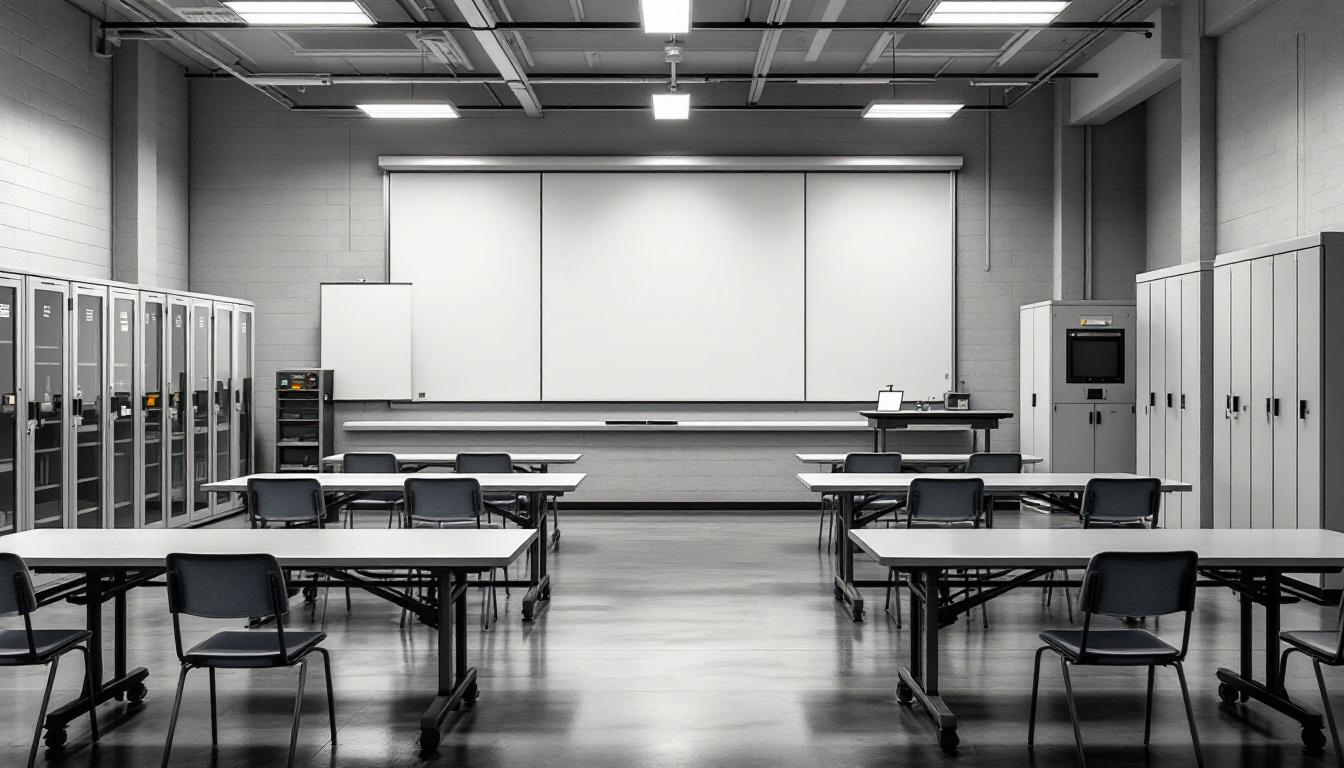
About Wilson County Sheriff
Supporting successful reintegration into Wilson's communities stands at the heart of the Wilson County Detention Center's mission, serving as a vital component within North Carolina's broader correctional network. Located in Wilson, this NC correctional facility operates with a commitment to providing structured environments that balance security requirements with meaningful preparation for eventual community return. The facility typically maintains connections with regional service providers and community organizations throughout eastern North Carolina, recognizing that effective corrections extends beyond confinement to encompass comprehensive support systems.
Within Wilson County's jurisdiction, the detention center generally offers various programs designed to address the diverse needs of those incarcerated services may include. Educational opportunities, substance abuse counseling, and vocational training programs often form the foundation of rehabilitation efforts, though specific offerings may vary based on funding and staffing availability. The facility typically coordinates with local agencies to provide mental health support, family communication services, and pre-release planning assistance that helps individuals prepare for their transition back into Wilson and surrounding communities.
As part of the state's regional corrections infrastructure, the Wilson County Detention Center generally maintains collaborative relationships with other facilities, courts, and community supervision programs throughout the area. This interconnected approach often facilitates smoother transitions between different levels of custody and supervision, while supporting the broader goal of reducing recidivism through comprehensive case management and community-based support networks that extend well beyond the facility's walls.
Programs & Services
Empowerment through structured learning opportunities defines the rehabilitative approach at Wilson County Detention Center, where those incarcerated encounter a comprehensive framework designed to foster personal development and successful community reintegration. The facility's philosophy centers on transforming periods of incarceration into meaningful intervals of growth, providing participants with essential tools and knowledge that extend far beyond their time within the facility walls. Through carefully structured offerings, individuals gain access to resources that may fundamentally alter their life trajectories while maintaining the security and safety protocols essential to institutional operations.
Educational advancement serves as a cornerstone of the facility's developmental approach, with literacy programs and academic instruction typically available to help participants strengthen foundational skills or pursue advanced learning opportunities. Those incarcerated may access educational services that often include basic literacy development, high school equivalency preparation, and various academic support initiatives. Moreover, vocational training offerings frequently provide hands-on experience in practical skill areas, allowing participants to develop marketable competencies that enhance their employment prospects upon release. These structured learning environments maintain rigorous safety standards while creating pathways for meaningful personal and professional growth.
Therapeutic interventions and specialized support services complement the educational framework through comprehensive substance abuse programs designed to address underlying issues that may have contributed to incarceration. The facility often includes victim awareness initiatives that encourage participants to develop empathy and understanding regarding the impact of their actions on others and the broader community. Moreover, practical life skills development through offerings such as barbering and cosmetology training may furnish participants with immediately applicable professional capabilities, while time management instruction and community resource connections typically provide essential tools for successful reentry planning and long-term stability.
Daily Life & Visitation
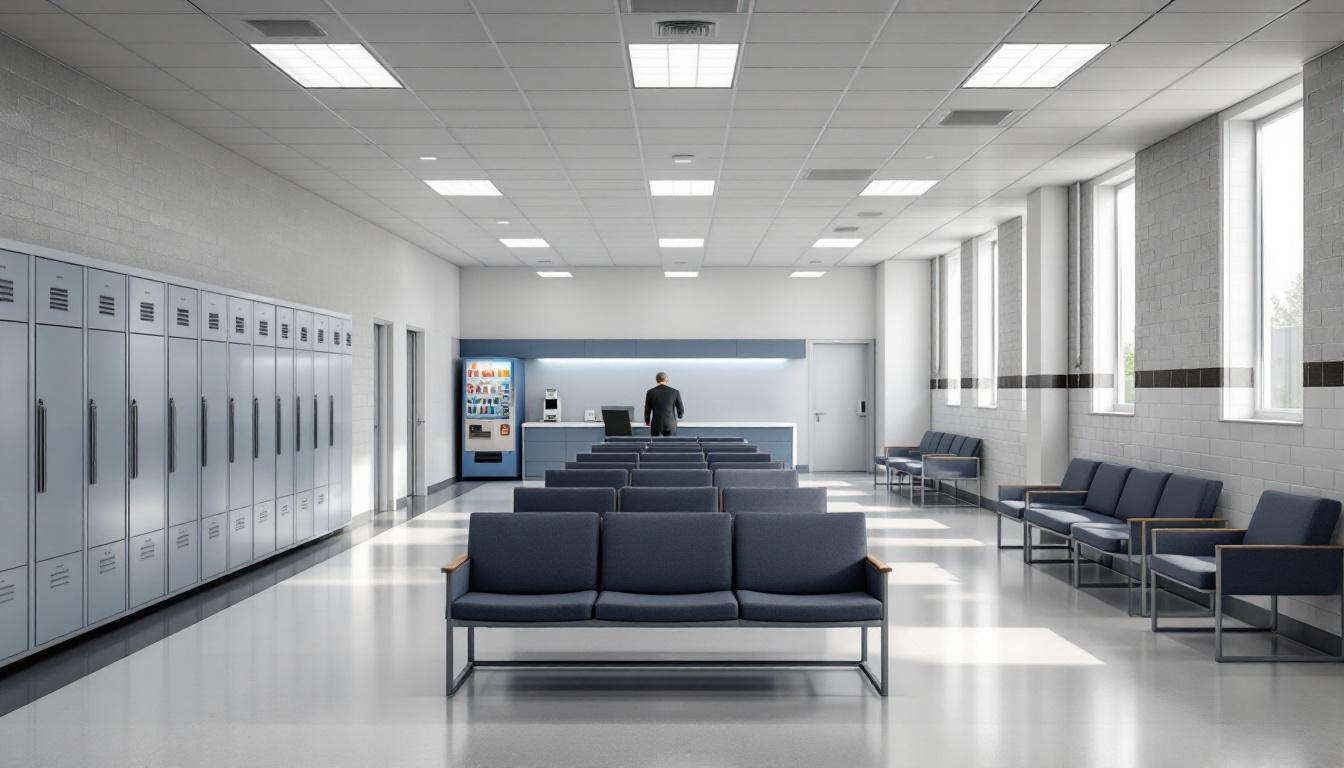
Building meaningful connections with family members and fellow residents becomes a cornerstone of the experience for those incarcerated at Wilson County Detention Center, where maintaining social bonds often provides crucial emotional support during a challenging time. The facility now operates on a structured daily schedule that regularly incorporates opportunities for interaction, beginning with early morning wake-up calls followed by meal service in communal dining areas where residents can engage in conversation and build relationships with others in their housing units.
Living accommodations typically consist of dormitory-style housing units or smaller cells, depending on classification levels and available space, where those incarcerated generally share common areas that furnish spaces for reading, watching television, and informal gatherings. Moreover, the facility usually provides basic furnishings including beds, storage areas for personal belongings, and access to restroom facilities, while residents can often purchase additional comfort items through the commissary system to personalize their living spaces within established guidelines.
Structured programming schedules regularly include recreational activities such as outdoor exercise periods, indoor fitness opportunities, and various educational or vocational programs that help residents develop skills while fostering community connections. Whereas daily work assignments may involve kitchen duties, facility maintenance, or laundry services that provide structure and purpose, visitation policies typically allow family members and approved visitors to maintain contact through scheduled visits, phone calls, and correspondence. These communication options generally serve as vital lifelines that help those incarcerated preserve relationships with loved ones and maintain connections to their home communities throughout their stay at the facility.
Ready to Connect?
Start communicating with your loved one today
Search for an Inmate
